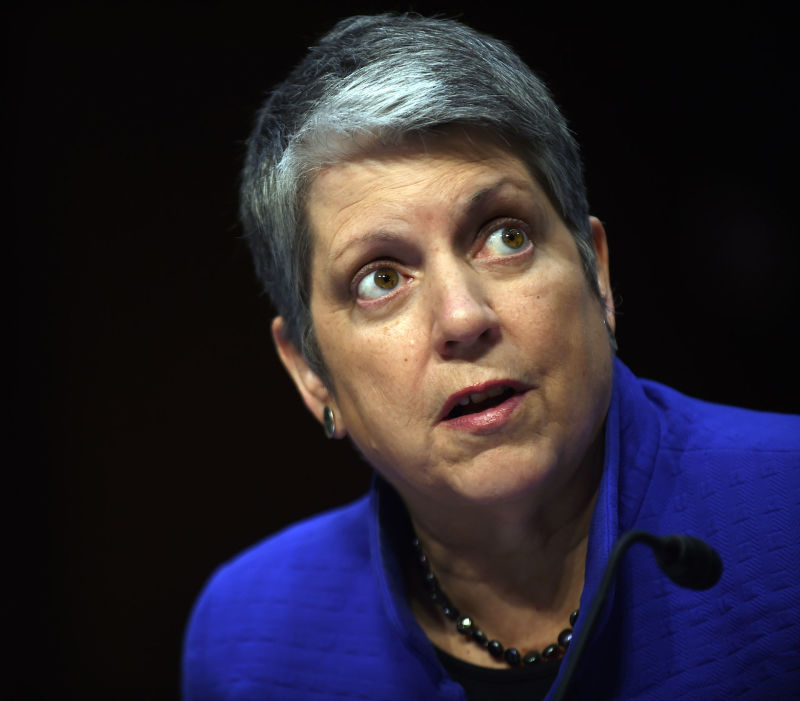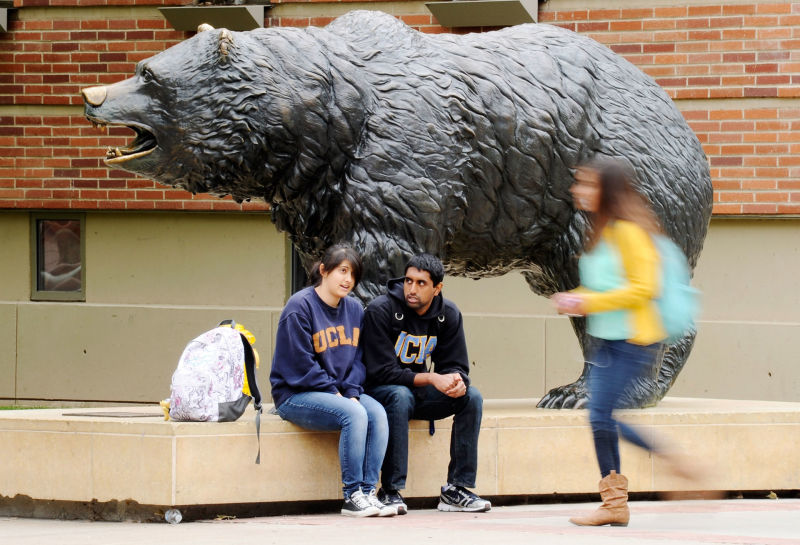The University of California is going back to the drawing board Monday after a proposed policy on intolerance was rejected by Jewish organizations that say it doesn't go far enough to address anti-Semitism on UC's 10 campuses.
Others said the proposal would have impeded free speech. The university system has become a focal point in the discussion of freedom of expression on campus following several high-profile incidents, including one in which swastikas were spray-painted on a Jewish fraternity house.
UC's Board of Regents is gathering public input Monday at a forum at the University of California, Los Angeles, and dozens are expected to voice their opinions. In September, the board considered a policy drafted by the UC president's office that would have rejected intolerance and upheld academic freedom.
Jewish groups said it was too weak and needed to specifically address anti-Semitism.
"We understand that the university has an obligation to ensure freedom of speech," said Tammi Rossman-Benjamin, a professor at UC Santa Cruz and director of the AMCHA Initiative, which investigates cases of anti-Semitism on college campuses. "However, they also have an obligation to ensure safety and civil rights."

Rossman-Benjamin and various Jewish groups want UC to adopt the U.S. State Department's definition of anti-Semitism.
